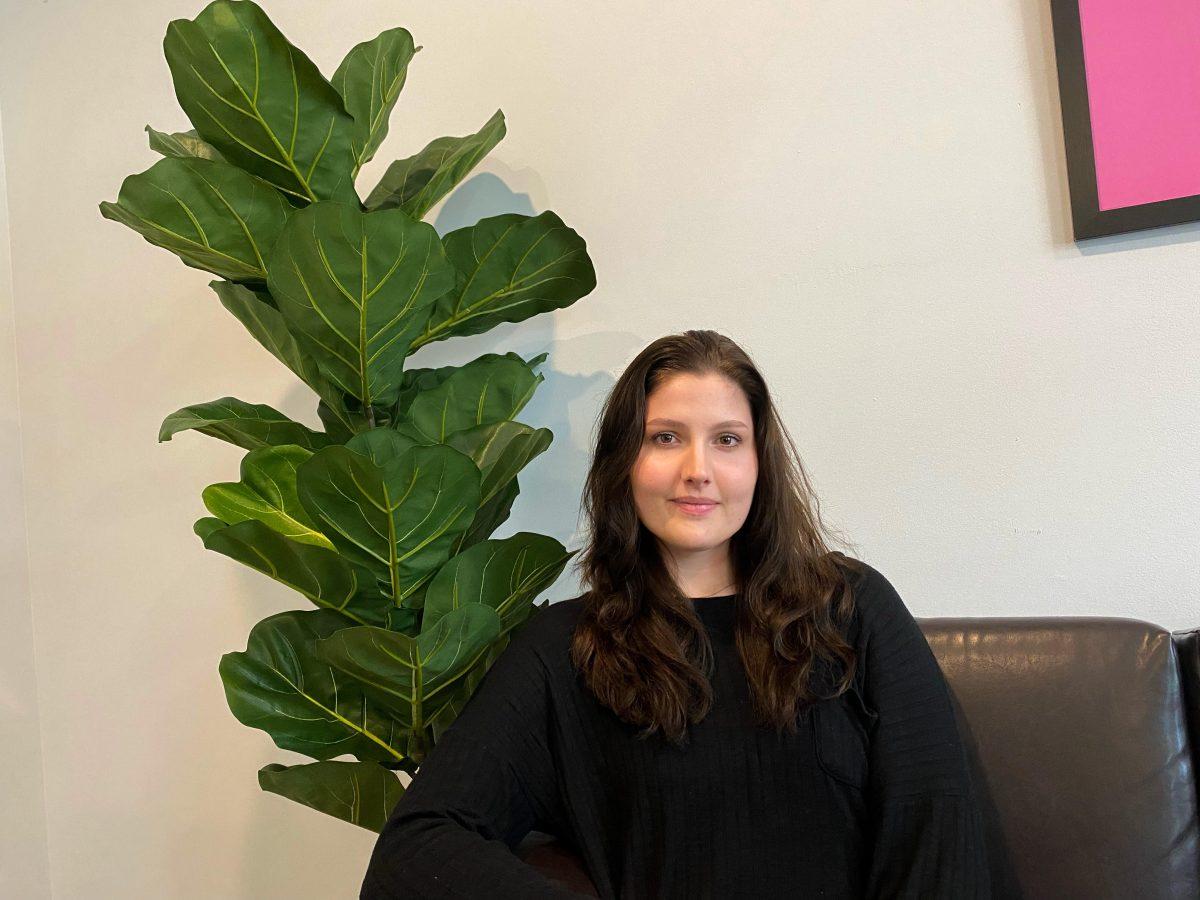There is something flying below the radar for students struggling to find the best fit major and for students who don’t feel like they belong. Imposter syndrome can affect a large portion of the college population, both undergraduate and graduate students. It is not a common topic discussed among college students, despite its need for the spotlight.
We hear about it on social media and from business owners, but what is imposter syndrome exactly? Imposter syndrome is a pattern of doubting your abilities and feeling as if you are a fraud in whatever you may be trying to achieve. Whether it be about changing to a different major or being the first in your family to attend college or starting a business. Imposter feelings are very real and considered a specific form of intellectual self-doubt.
As someone who has realized their childhood dream was no longer the dream, finding a passion was the hardest process I have encountered. Switching majors has led me to feeling like a fraud, undeserving of a new career choice, not accepted and unqualified to pursue this new dream. Becoming aware of these feelings made me wonder, who else is going through the same and what we can do to combat it?
And what can be done regarding those feelings of not belonging or uncertainty in your major?
Here at NC State, Exploratory Studies offers a good learning experience to those who are uncertain of which major is the best fit for them and those unsure of where they belong on campus. This program allows cross-curricular advising, guided exploration in different majors and the ability to interact with upperclassmen and professionals from different fields. NC State also offers counseling services for undergraduates and graduate students who are experiencing stress, anxiety or depression in relation to school or personal reasons.
According to the American Psychological Association, most people suffer these feelings in silence. Imposter feelings are not uncommon and most likely are accompanied by extreme stress, depression and anxiety. Students who are affected by this impostorism are likely those who feel pressured to achieve a certain goal, grades or to pursue a specific path.
A research study from Brigham Young University suggests the best way to reduce feelings of imposter syndrome is to reach outward —your family, students outside of your major and even professors can be a great source.
Sadly, the study found most students hid their feelings around others, questioning if they truly belonged. Reaching inward will only make matters worse. Learning how to manage and confront imposter syndrome directly won’t make it disappear completely but will help you identify those feelings and become more prepared in changing the direction of your mind set.
I found this blog to be helpful in learning tools to work with imposter syndrome and noticed I had a lot in common with the writers. I had known I was dealing with this imposter phenomenon, but overlooked something the writer mentioned — students would often come prepared for a class and excel in their work, but would hesitate or never participate with the professor or other students.
I often knew the material for classes, ready for discussion. Unfortunately, I would second-guess myself. I created patterns of self-doubt and completely shut myself down. I wouldn’t participate in class unless I absolutely had to. I was in fear of being wrong because of this false doubt my mind created.
Something not mentioned in the articles given is simply practicing participation and clear communication. The more you do something, the easier it will be for you to jump in. I notice in several of my classes that most students don’t dare to respond when the professor asks a question or starts a discussion up for debate. Even if you’re wrong, don’t be afraid to speak up. You can only gain a new perspective of the material or yourself.
If you are struggling to find your best fit major or feeling like you belong, reach out to people who can help combat those perceptions. Imposter syndrome can tear you down, but don’t let it make you feel like you need to give up. This campus may be large and intimidating but has so many wonderful resources, opportunities and amazing professors to help discover who you are and where you belong.














